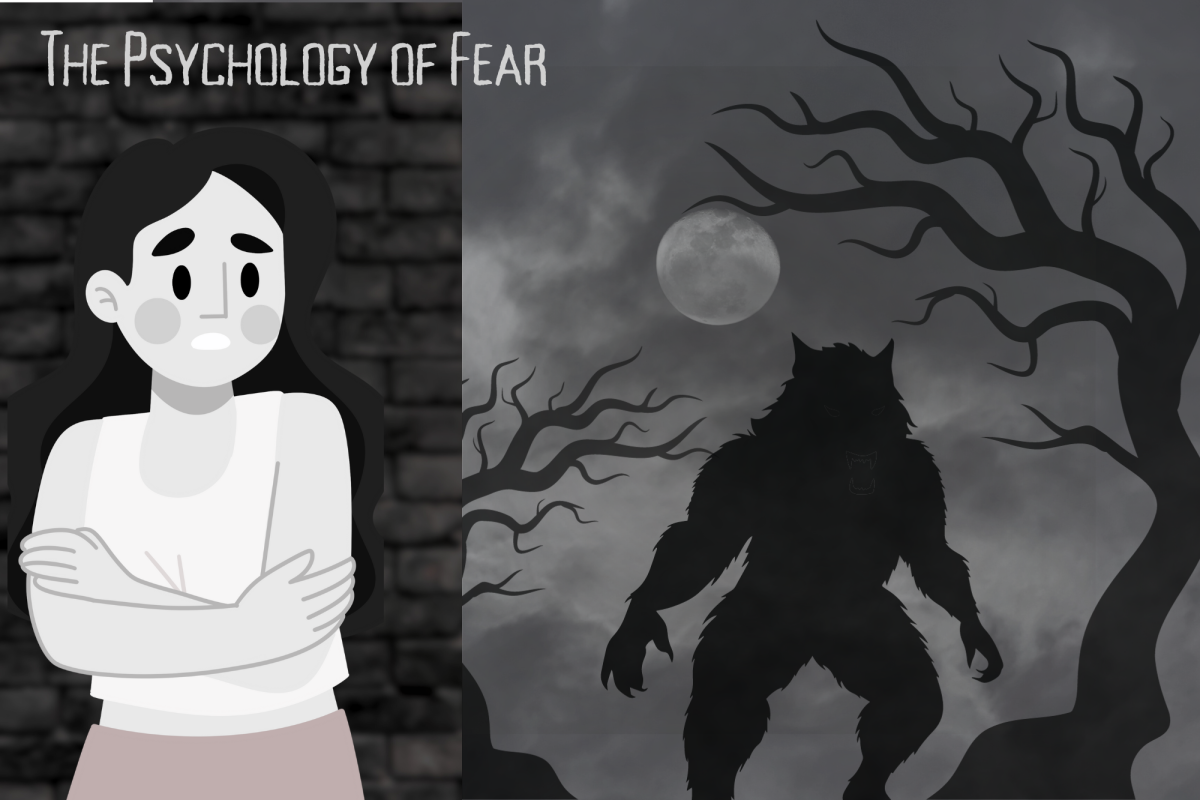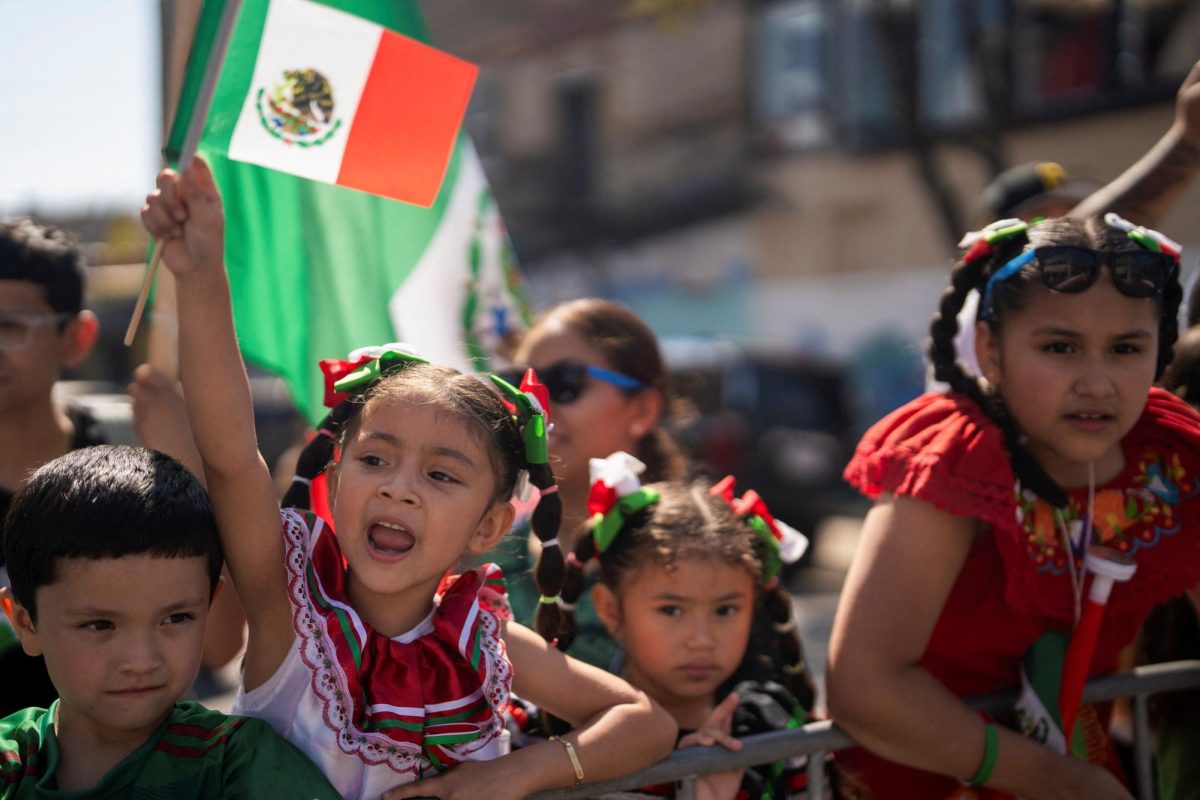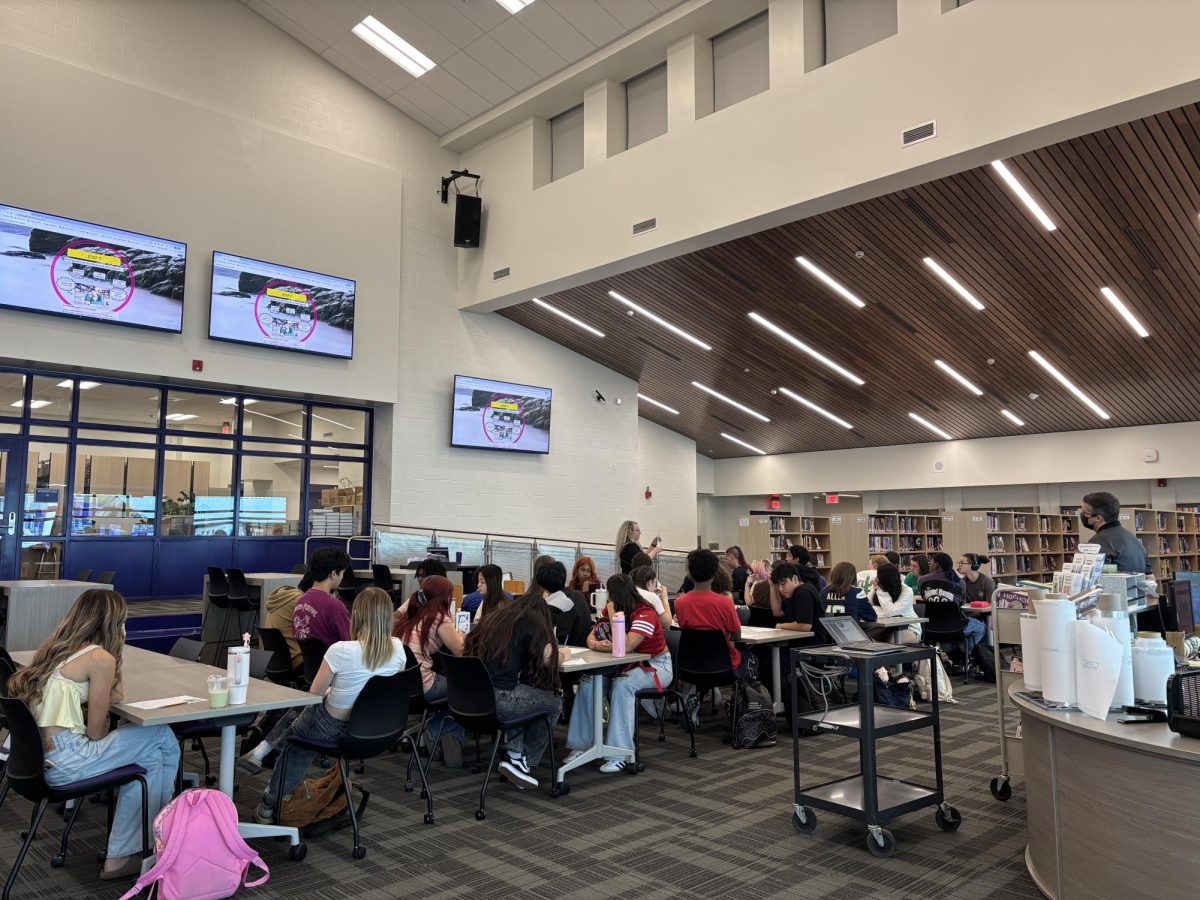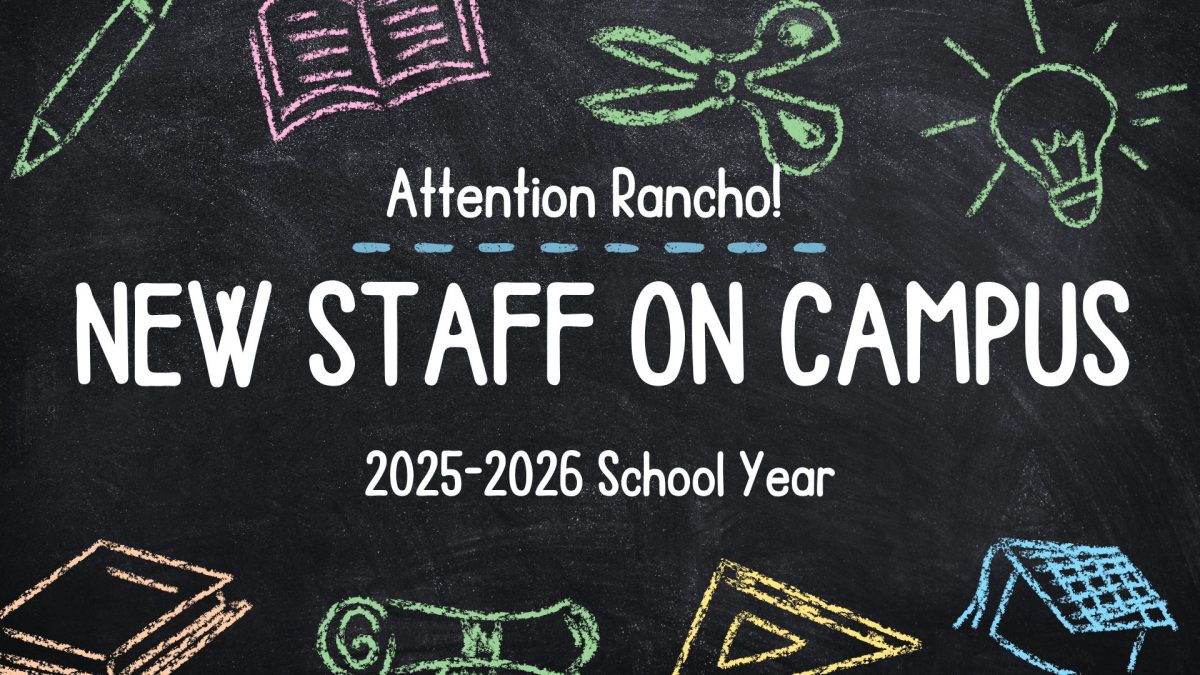Fear is the essential survival instinct in humans. It triggers every human’s “fight or flight” system which is the body’s reaction to potential threats. So why do humans enjoy getting scared to experience this feeling?
During October, haunted houses, scary movies, and other thrill-seeking experiences are popular among people. But the question is why do people like getting scared?
According to Richard Sima from the Washington Post, “It is a combination of an adrenaline rush and an opportunity to learn about dealing with scary situations in a safe environment, researchers say.”
The Washington Post explains people who like scary things are “adrenaline junkies.” Adrenaline junkies enjoy the rush of adrenaline they get after getting scared.
When humans experience fear, the endocrine system sends rushes of adrenaline. The endocrine system affects almost every part of the body, it is made up of hormones but when someone gets scared, it releases adrenaline. This releases a sort of rush after one gets scared.
Anticipation is similar to adrenaline, when people watch scary movies they will most likely feel anticipation. Anticipation can go two ways, negatively in forms of fear and anxiety or positively in forms of joy and excitement.
Some people even like horror movies because it provides a sense of relief while watching them. The brain can refocus from real-life anxieties and enjoy the release of stress after the movie is over.
“I like horror movies or scary stuff because like, its just I want to know what happens next and everything is intense,” Karla Urzua a junior at RCHS said. “I was exposed to a lot of horror movies as a kid because my older brother would always put on— buy cassette tapes of like the ring or, he would also put the It movie on.”
Novel experiences are another reason why people love these spooky experiences. For example, exploring a haunted house or finishing a scary part in a movie can give humans a sense of accomplishment.
People who were more exposed to scary movies and experiences at a young age usually tend to like them more.
“I was exposed to a bunch of horror stuff. Every house [we moved to] was haunted and my brother watched a lot of scary movies,” Alana Perez, a sophomore at RCHS said. “I like horror movies and stuff because it like scares you and I like to get scared at night time– in the middle of the night. My favorite horror movie is Scream, the first one, obviously.”
However, people who were more sheltered from or had less exposure to horror movies and experiences tend to not like them as much.
“I hate scary things in general, not for any reason other than I get scared,” Riley Rossi, a sophomore at RCHS said. “I was never exposed to scary movies cause my mom doesn’t like them so that’s probably why I also don’t like them. I have never watched a scary movie whether it’s for kids or adults, and I don’t plan on it.”
There are three types of fear humans experience: Rational, Primal, and Irrational fear. Rational fear is when there is a real threat for example, the fear of death would be a rational fear.
Primal fear is an innate fear such as arachnophobia (fear of spiders) or ophidiophobia (fear of snakes). These are natural fears that humans have because of evolution or past experiences.
Irrational fear is the fear that doesn’t make logical sense and can vary from each person. One part of your brain is scared, while the other part is confused why. For example, roller coasters could be an irrational fear. A person knows they are safe and they will have fun but the idea is still scary.









